Remote Sensing for Drought Management
University of Southampton, Adept Communications & SPRINT
Space-enabled tech helping to develop new water optimisation systems for Africa
Remote sensing expertise from the University of Southampton is enabling an innovative solution to help farmers in Africa improve their water management and continue to grow crops during droughts.
Climate change is seeing temperatures rise and rainfall patterns alter, caused by increasing levels of greenhouse gases in our atmosphere. Changes to where, when and how much rain falls have led to an increase in demand for water resources and more frequent, prolonged droughts. The lack of surface water means that soil and vegetation dry out, and famine from failed crops is becoming a common issue in the dryland regions of Africa.
Jadu Dash, Professor of Remote Sensing at the University of Southampton, is using his expertise to develop a solution. Remote sensing data is useful in obtaining up-to-date information about the Earth, often through satellite images, and is used by many space agencies, such as NASA and ESA, to monitor the Earth and other planets.
The project’s goal is to use the space-enabled technologies provided by Professor Dash to develop a tool that can analyse and measure water stress in plants. This information would give farmers accurate estimations of how much water would be needed for crops in any region, enabling them to optimise irrigation systems and conserve limited water resources, so that they may continue growing crops during droughts.
Professor Dash’s technical knowledge is being used in collaboration with Surrey-based software developer, Adept Communications – funded by a grant from the £4.8 million SPRINT (Space Research and Innovation Network for Technology) programme.
